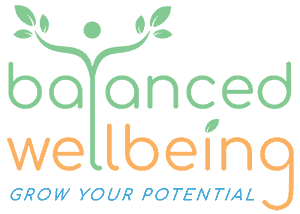This quote from Frankl essentially means that because we can’t always control what happens to us in life, we need to find a way to change our response to a difficult situation because our reaction is often the only thing we can control.
Otherwise, we may be left feeling stressed, overwhelmed, helpless, trapped, anxious, or depressed.
At Balanced Wellbeing Centre our Psychologists and Counsellors complete several years of university or educational training including various therapies such as Cognitive Behavioural Therapy, Mindfulness, Acceptance & Commitment, Solution-Focused, and Interpersonal Psychotherapy.
Psychologists and Counsellors must follow strict ethics, and participate in ongoing development. Only Psychologists are legally required to register with the Australian Health Practitioner Regulation Agency (AHPRA) after their training.
By seeing one of our Psychologists or Social Workers, you may be eligible for a Medicare rebate with a referral from a GP or you may use Private Health.
From time to time we have additional Counsellors, Mental Health Care Nurses, and Child/ Adolescent/ Adult Psychologists who we have not added to the website yet. Feel free to check if we do offer a practitioner service that’s not listed.

Therapy helps people to overcome their reaction to adversity, builds resilience, and promotes emotional fitness.
In therapy, you are supported to deconstruct negative thinking patterns through evidence based strategies to encourage positive thinking. This leads to healthy feelings and changed behaviours.
Call us if you need help to choose a therapist, as the connection between a therapist and a client is an important factor that facilitates change and growth.



